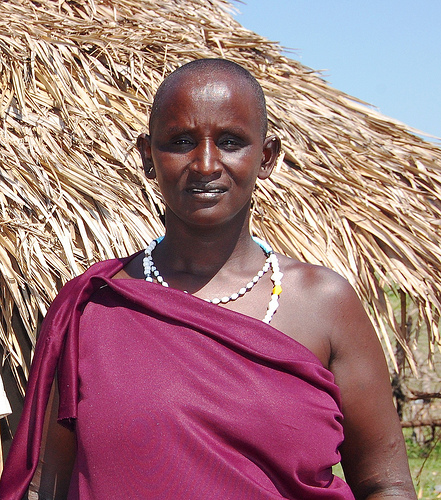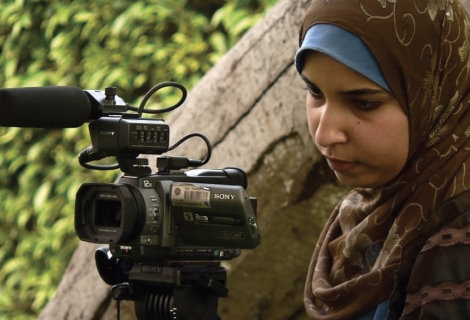Mic Check with Anna Oloshuro Okaro
 One of the best things about my job is that I get to attend all kinds of events where I get to listen to (and sometimes interview) some really interesting people. A couple of years ago I started the “Focus” series where I get off-the-cuff video footage of speeches, press conferences, live events and interviews I collect when I am out and about with my camera. Today I am launching the “Mic Check” series to be a complementary audio version of “Focus.” I am doing this because of the high demand from my fans mainly in the developing world who don’t have easy access to video and have told me audio is better. I hope “Focus” and “Mic Check” will continue to serve my mission of advancing social justice through media and technology.
One of the best things about my job is that I get to attend all kinds of events where I get to listen to (and sometimes interview) some really interesting people. A couple of years ago I started the “Focus” series where I get off-the-cuff video footage of speeches, press conferences, live events and interviews I collect when I am out and about with my camera. Today I am launching the “Mic Check” series to be a complementary audio version of “Focus.” I am doing this because of the high demand from my fans mainly in the developing world who don’t have easy access to video and have told me audio is better. I hope “Focus” and “Mic Check” will continue to serve my mission of advancing social justice through media and technology.
My first “Mic Check” is with Anna Oloshuro Okaro (above), a Maasai farmer from Tanzania and women’s rights activist who was the keynote speaker at Oxfam America’s International Women’s Day celebration March 10, 2012. She was recently awarded Oxfam Women’s Leadership Award in Washington D.C. for her advocacy work on women’s issues and poverty. Okaro talks in her speech about the food security crisis around the world.
Okaro has an interesting life story. After a devastating divorce that left her broke, she fought against cultural norms to not only rebuild her life, but to also advocate for women in her community to have better access to education and the right to own livestock and land. She even helped to build a computer center with a mobile recharger powered by solar panels.
Note: This recording is in Kiswahili with English translation.
